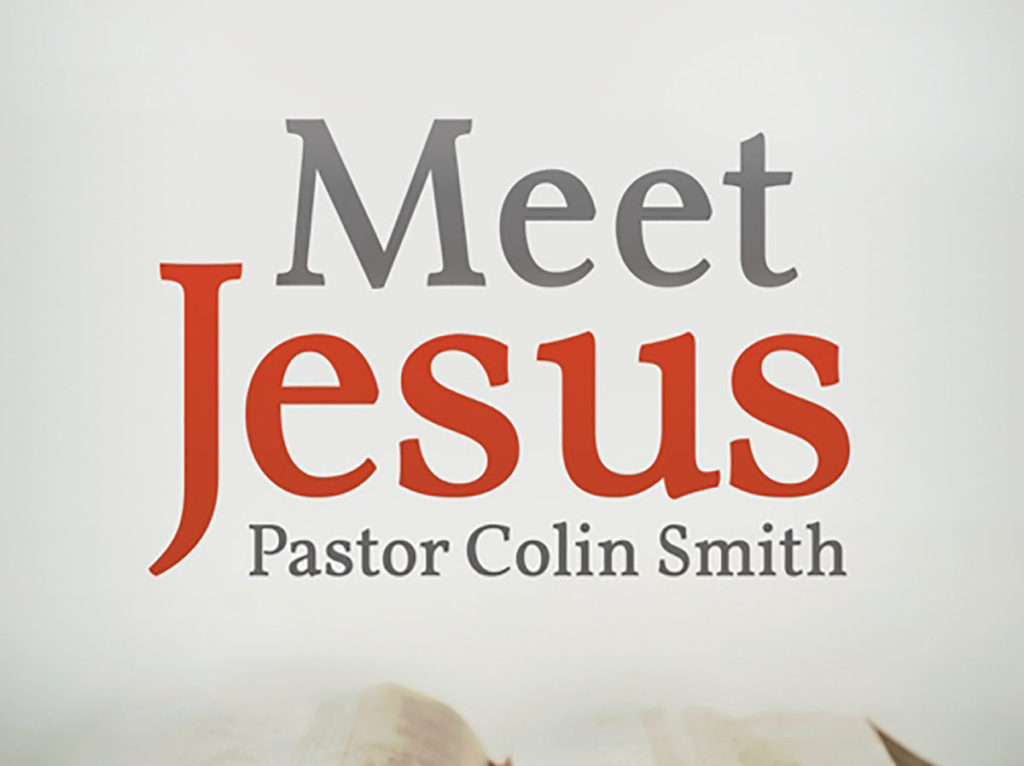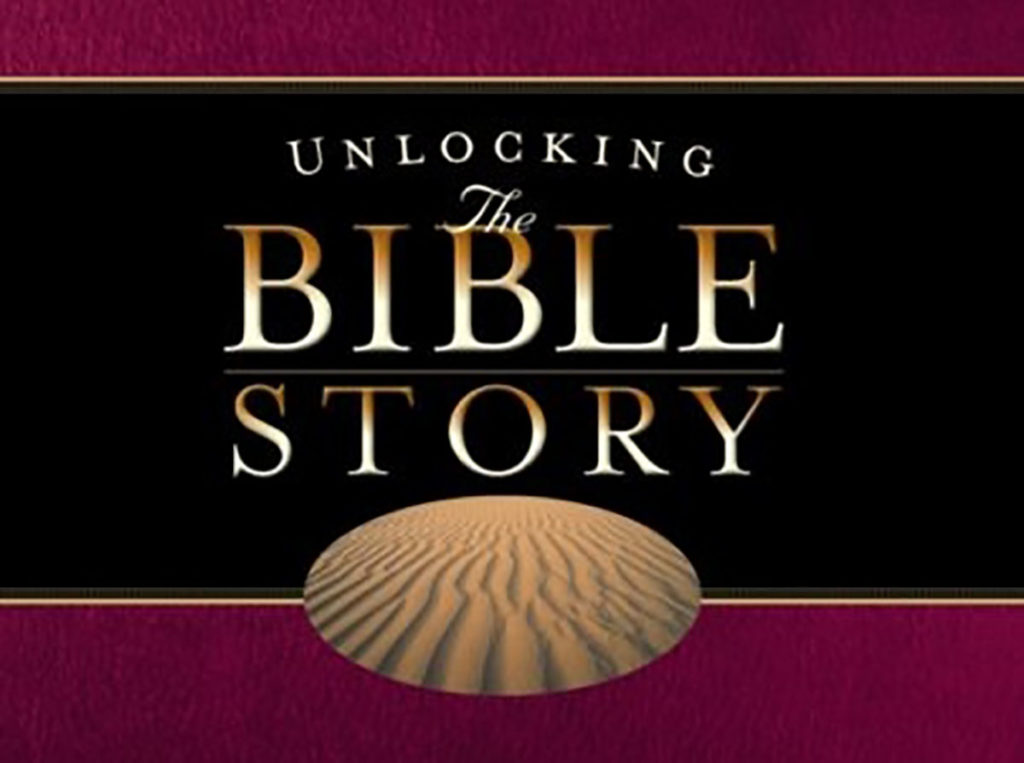
Hope
Malachi 4:1–6
The Great Day of the Lord
1 “For behold, the day is coming, burning like an oven, when all the arrogant and all evildoers will be stubble. The day that is coming shall set them ablaze, says the LORD of hosts, so that it will leave them neither root nor branch. 2 But for you who fear my name, the sun of righteousness shall rise with healing in its wings. You shall go out leaping like calves from the stall. 3 And you shall tread down the wicked, for they will be ashes under the soles of your feet, on the day when I act, says the LORD of hosts.
4 “Remember the law of my servant Moses, the statutes and rules that I commanded him at Horeb for all Israel.
5 “Behold, I will send you Elijah the prophet before the great and awesome day of the LORD comes. 6 And he will turn the hearts of fathers to their children and the hearts of children to their fathers, lest I come and strike the land with a decree of utter destruction.”
(ESV)
NextMalachi was the last of the Old Testament prophets. He spoke the Word of God at the time of Nehemiah when a small community rebuilt Jerusalem. Sixteen hundred years after the time of Abraham, our human problem was unchanged, and God’s people were still waiting for His promise to be fulfilled. After Malachi, nothing significant happened in the Bible story for four hundred years.
As we come to the end of the Old Testament, it’s worth asking this: Where do things stand in the relationship between God and His people after all these years? Malachi does not give us an encouraging answer.
Alienated from God
A pattern of resistance to God runs through the book of Malachi.
God begins by affirming His love: “‘I have loved you,’ says the LORD” (Malachi 1:2). But God’s people fold their arms in defiance: “How have you loved us?” (1:2).
Then God addresses the priests who despise His name, but they say, “How have we despised your name?” (1:6).
Then God raises the issue of tithes. “Will man rob God? Yet you are robbing me” (3:8). But God’s people push back: “How have we robbed you?” (3:8).
Then God accuses His people of speaking about Him harshly. “Your words have been hard against me” (3:13). But with feigned innocence they ask, “How have we spoken against you?” (3:13).
This discussion is getting nowhere, and the pattern runs right through the book—denial, denial, denial. When God raises the issue of repentance—“‘Return to me, and I will return to you,’ says the LORD of hosts” (3:7)—the response has a note of defiance about it: “How shall we return?” (3:7).
Relationships are restored when issues that have caused offense are brought to light and dealt with honestly. But when God reached out to reconcile with His people, they were in denial about the problem.
Human Conflict
Besides being alienated from God, the Old Testament ends with people in conflict with each another. In the garden, Adam and Eve enjoyed a beautiful relationship in which their love for each other was a mirror of the love of God for them.
They were at ease together, and their trust in each other was complete. But the knowledge of evil changed all that. Adam blamed his wife for what had gone wrong, and for the first time, suspicion developed between the man and the woman. The knowledge of evil brought estrangement to the first marriage.
No one imagines on their wedding day that they will end up divorced. But in Malachi’s time, as in ours, marriages were breaking apart: “The LORD was witness between you and the wife of your youth, to whom you have been faithless, though she is your companion and your wife by covenant” (2:14).
The story of the Old Testament began with a man and a woman sharing the joy of a perfect life in the garden, and it ends with men and women unable to sustain a relationship of faithfulness and love.
The estrangement that began with broken trust in one marriage led to a world of conflict in which families, communities, and nations are torn apart.
Under a Curse
As if alienation from God and estrangement from one another weren’t enough, a dreadful curse hangs over every person born into the world.
God’s curse on evil permeates the book of Malachi: “I will send the curse upon you and I will curse your blessings” (2:2). “You are cursed with a curse, for you are robbing me, the whole nation of you” (3:9).
The last verse in the Old Testament ends with a curse: “And he will turn the hearts of fathers to their children and the hearts of the children to their fathers, lest I come and strike the land with a decree of utter destruction [a curse]” (4:6).
So at the end of the Old Testament, no progress has been made in dealing with our problem of alienation from God, our conflict with each other, or the dreadful curse that hangs over us all.
The Unfulfilled Promise
The problem of sin pervades the Old Testament, but the heart of the Bible story beats with a promise. When sin entered the world, God promised that someone, born of a woman, would destroy the evil one and all his works (Genesis 3:15).
God sent Malachi, to remind His people not only of the problem but also of the promise: “The sun of righteousness shall rise with healing in its wings. You shall go out leaping like calves from the stall” (Malachi 4:2).
The day will come when all the wounds of God’s people will be healed, and they will experience the freedom that calves enjoy when they are released. But at the end of the Old Testament, we are still looking for this promise to be fulfilled.
Time for the Intermission
If the Bible were presented as a drama, it would unfold in two parts, like a two-act play. The Old Testament is act 1, and as it comes to a close we are ready for an intermission before coming back to see what happens in act 2.
As we spill out into the foyer to reflect on the first act, people are talking about what they have seen.
“Some of that was a bit heavy,” says a large man as he lights up his pipe.
“Some of it made me want to cry,” says a lady with a wine glass in her hand.
“I hope that act two has a happier ending than this,” adds a third.
“Well, it must,” says someone else. “All the way through there have been promises and pointers; something good is going to happen.”
“Well, whatever it is, it ain’t happened yet,” says a man who is clearly frustrated. “Nothing has happened in the whole of act one that has dealt with the basic problem.”
“What do you mean nothing has happened?” his wife interjects. “We’ve had the Law, and the sacrifices. We’ve had kings and priests. We’ve seen the cloud of God’s presence in the temple.”
“So what?” snaps the frustrated man. “The main problem isn’t solved. They are still alienated. They are still in conflict. And they are still under the curse.”
The bell rings for the end of the intermission, and they all file back to their seats in the theater for act 2.
Don’t Miss Act 2!
When you come to the end of the Old Testament, with its laws, priests, and sacrifices, you are left asking, “Who can end our alienation from God, change our hearts, and remove the dreadful curse?”
The New Testament answers this question.
Jesus Christ came into the world to reconcile us to God: “Christ also suffered once for sins, the righteous for the unrighteous, that he might bring us to God” (1 Peter 3:18).
Jesus came to reconcile us to each other: “He himself is our peace, who has made us both one and has broken down in his flesh the dividing wall of hostility” (Ephesians 2:14).
And Jesus came to set us free from the curse by “becoming a curse for us” (Galatians 3:13).
But if our hope is only found in Jesus, what is the point of the Old Testament?
Properly understood, the Old Testament prepares us to recognize Jesus as the Savior we need and to welcome Him with faith.
Through the Old Testament, God tells us (1) who He is and who we are, (2) what our deepest problem is, (3) who Jesus is, (4) what He will accomplish and (5) what He offers to all who believe in Him.
So let’s review what we have gained from our journey through the Old Testament.
God is the Creator and owner of everything. Your life is a gift from His hands (session 1), and you were made to enjoy and worship Him forever (session 16). The God who made you is holy (session 20), and your deepest problem is that you were born into a world that is under a curse (session 2), plagued with the knowledge of evil and excluded from the presence of God.
The inclination to love yourself more than God and care for yourself more than others lies deep within you and causes you to break God’s law and sin against Him (sessions 7; 17). You need a Savior, and Jesus is the Savior you need.
He is the glory of God who came to this alien world (sessions 25; 27). He is the true temple in whom the God’s presence has come down among us (session 15). He is the servant who gets the will of God done (session 21). He is the man who suffered in this world of tears (session 24). He is the Good Shepherd who laid down His life for His sheep (session 26). He is our prophet, our priest, and our king (sessions 14; 9; 12).
In His life, He fulfilled the righteousness that God requires of us (session 18). In laying down that perfect life, He bore the judgment that was due to us (session 4), making atonement through the shedding of His blood (sessions 8; 6). He fulfills the promise given to Abraham (session 5), and He will reign on the throne of David forever (session 13).
Jesus stands ready to forgive your sins and to reconcile you to God. He is the Deliverer who can set you free (session 11). He is able to change your heart (session 23), and He can give you new courage, hope, and joy (session 10, 28, 19). In love, He is calling out (sessions 22), offering this salvation freely to you (session 3).
The Old Testament, properly understood, will lead you to faith in Jesus. Are you ready to welcome Him?
Opened
It would be easy to get the idea that all religions lead to God, but the Old Testament teaches the opposite. No religion can bring us to God, not even the religion of the Old Testament itself. The entire Old Testament was given to show us why we need Jesus and to prepare us for His coming. God destroys all false hopes so that we may find our true hope in His Son, who came to deal with the problem of sin and to fulfill the promise of God.
- If you were in the foyer at the end of act 1, what would you be saying?
- The Old Testament ends with people far from God. Has there been a time when you felt far from God?
- When have you experienced conflict with others? Why do you think human conflicts are so prevalent?
- What were some of the limitations of religion in the Old Testament?
- Do you believe that Jesus is able to reconcile you to God and bring you peace? Why or why not?
Free Resources







